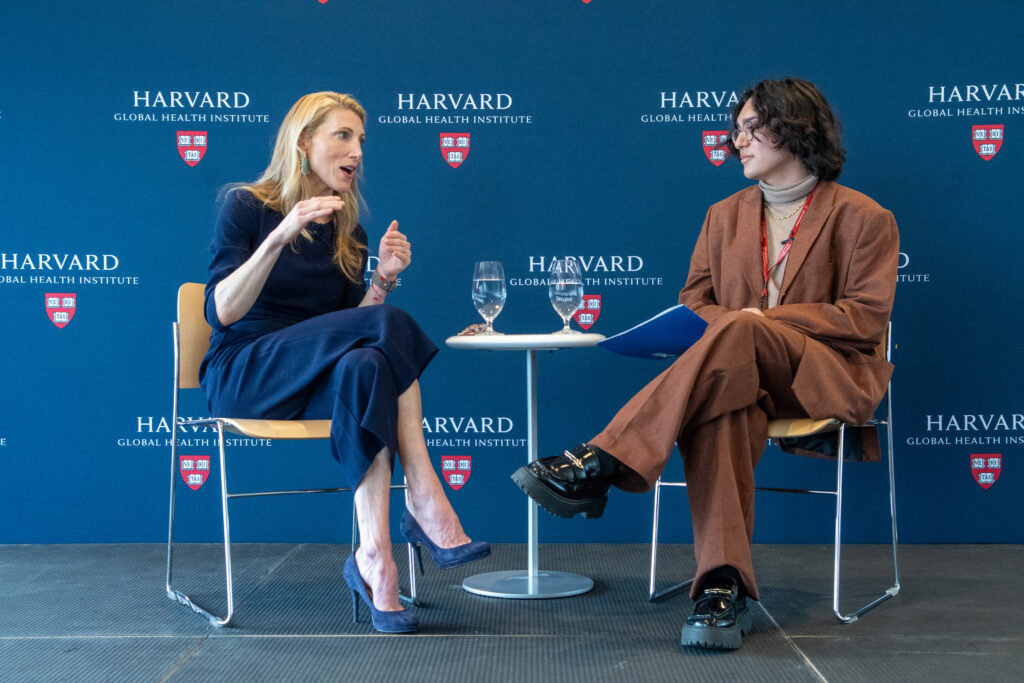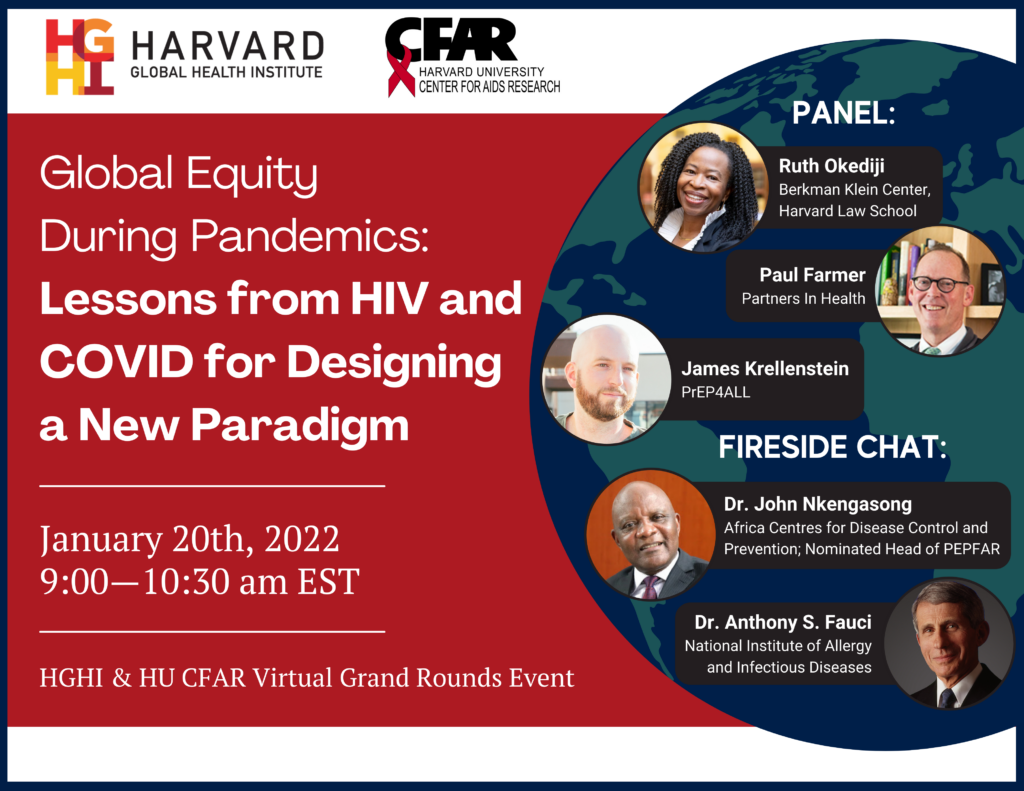In partnership with the Center for Climate, Health, and the Global Environment at the Harvard T.H. Chan School of Public Health (Harvard Chan C-CHANGE), HGHI is excited to announce the launch of a new task force composed of experts from across the world who will work together to identify the most effective ways to prevent new infectious diseases before they start. Members of the Scientific Task Force for Preventing Pandemics at the Source hope to elevate the link between planetary and public health to inform actions that may forestall the next pandemic. The task force is led by Dr. Aaron (Ari) Bernstein, interim director of Harvard Chan C-CHANGE and Assistant Faculty Lead to HGHI’s Climate and Health Initiative.
Every year, two viruses jump from animals to humans, leading at times to severe disease outbreaks, including the MERS, SARS, and 2009 H1N1 epidemics. Despite the risk posed by these “spillovers,” current discourse around future outbreaks has focused heavily on pandemic preparedness and response, rather curbing spillover and stopping pandemics at the source.
Experts estimate the costs of preventing the next pandemic are as much as $22 billion a year, or 2 percent of the economic and mortality costs of responding to the COVID-19 pandemic. Pandemic prevention interventions that decrease spillover risks—such as curbing deforestation, as Dr. Bernstein shared in a recent interview with WBUR or regulating the wildlife trade—offer the dual benefit of helping to prevent future zoonotic outbreaks like COVID-19 and combating climate change.
“Every conversation about preparing for the next pandemic must include how to prevent it at its source,” said Dr. Bernstein. “The current narrative on pandemic prevention is heavily weighted towards health system preparedness, containment, and vaccinations. This presumes the best we can do is prevent a disease from spreading once it emerges, but the evidence shows that our best forms of prevention stop these viruses from spilling into humans in the first place.”
Read more on the Task Force here!





